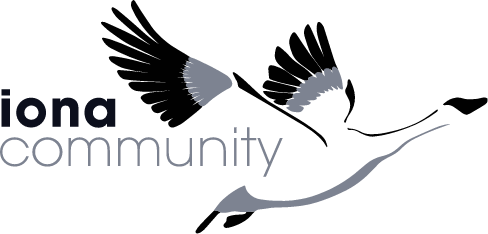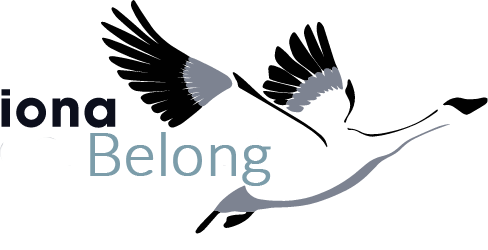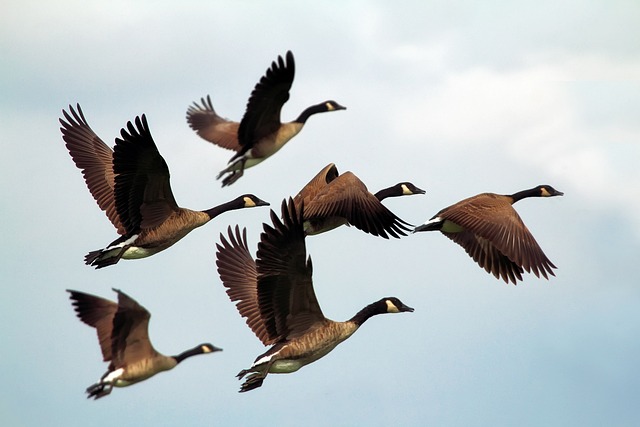Next Saturday, 3rd August, many of us will be on our way to Erfurt in Germany*. There we’ll gather in Community in the Augustinian Monastery once the home of Martin Luther. And we’ll be led in our conversations and reflections by Fiona Kendall (European and Legal Affairs Advisor for Mediterranean Hope) on themes of inclusion, exclusion, boundaries and belonging as they relate to refugees and migrants. Our scriptures are full of stories of people displaced (Jeremiah 29: 1 – 7); crossing borders (Matthew 2:13 – 23), seeking belonging beyond national boundaries (Psalm 137). How we welcome the stranger in our midst is a measure of the love we profess. Yet our news feeds are full of stories of rejection, degradation, death, disdain of and for refugees and those seeking asylum.
As a community of hope – as a community of faith – what is ours now to do?
In my reflections here last month I shared something of the inspirational input that I had experienced at the programme week on Iona exploring everyday celtic spirituality through the lens of ‘duthchas’ – that sense of land-belonging. Now, as I consider the questions we will be exploring during community week, I have a whole new perspective on what it might mean, as a migrant, a refugee, displaced from the land of our birth, to belong in the land of the other. Let me share with you here the questions that Fiona has posed for us for our week in community. Whether you are travelling to Germany or not, may these questions offer inspiration and insight as we consider closely how we might embody God’s ‘community of hope.’
Session 1: Monday 5th August – Border Crossing
Small boats and ‘illegal migration’ have become part of a toxic narrative around asylum-seeking. How well-equipped are we to dialogue with other about these issues? What do we really know of the borders – physical or otherwise – which people on the move seek to cross? How do our communities contribute to constructing – and dismantling – these borders? Using Lampedus as a case study, consider border crossings in your own context.
Session 2: Wednesday 7th August – Safe Passage
Legal migration routes provide a fraction of those in need of protection with a viable opportunity. A safe migration channel is, however, only part of the equation. As people of faith, how well-placed are we to model welcome, practice inclusion and drive integration? What are the barriers – real and perceived – to making that a reality? Using humanitarian corridors as a stimulus for discussion, consider how we as a Community (and in our respective communities) can foster welcome.
Session 3: Thursday 8th August – Exploitation
Migration heightens the vulnerability of a group already made fragile by what they have experienced. Like it or not, society colludes in exploitative practices. What do we know of its impact? What steps can we take to counter exploitation in our own communities and in the world at large? With a focus on labour exploitation, let’s deepen our understanding of this form of injustice and find ways to restore balance and inspire good practice.”
In my own preparations I have been re-reading a remarkable book by Pádraig Ó Tuama and Glenn Jordan. I commend it to you. Their meditation on the Book of Ruth offers four movements that are pertinent to us today as we consider borders and belonging. ‘Borders and Belonging: the book of Ruth – a story for our times.’


